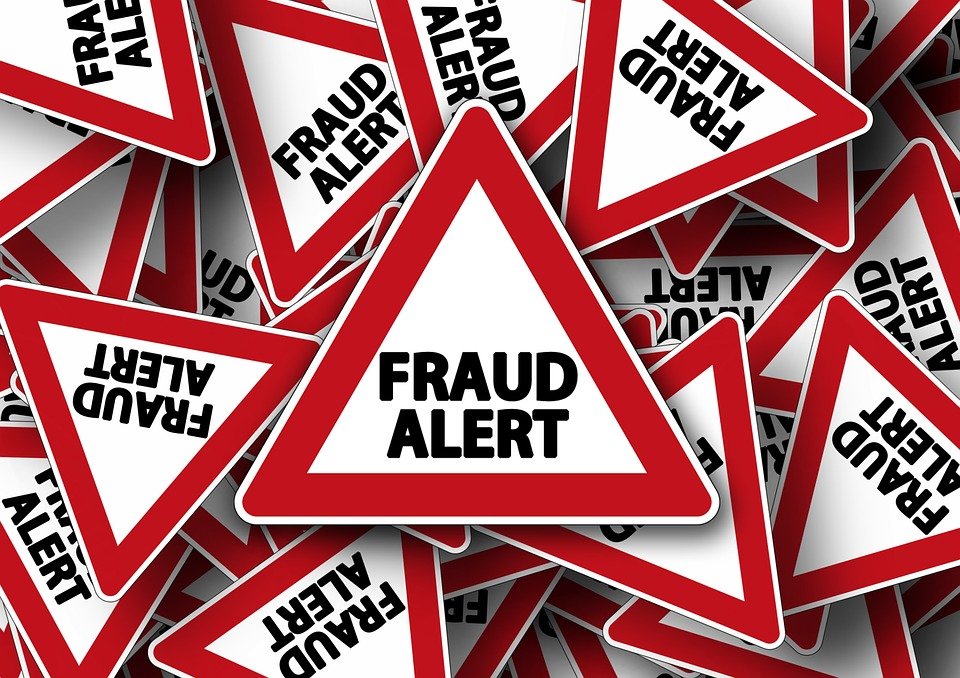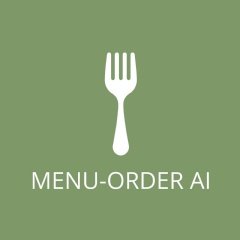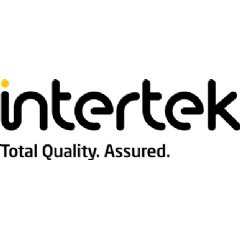Thursday, 13 November 2025
YPB Group, an Australian company has developed an anti-fraud technology to combat sophisticated food counterfeiters
The technology has been recognized by the China Trade Association for Anti-Counterfeiting (CTAAC) as the only invisible tracer company in China. First developed in 2015 with a vision of becoming…

The technology has been recognized by the China Trade Association for Anti-Counterfeiting (CTAAC) as the only invisible tracer company in China.
First developed in 2015 with a vision of becoming a scalable solution preventing counterfeiters from copying products, the invisible tracer technology contains invisible particles that can be applied directly to food or can be mixed in paint, plastic and ink applied to caps, corks or labels. This patented product can be embedded into almost any substrate used to package or seal a product, and is based on inorganic, non-radioactive trace minerals that have been certified by the European, American and Chinese food and drug administrations as safe for direct contact with food.
The technology is already in use by businesses in the Asia Pacific region to safeguard everything from tax certificates to consumer goods and even pharmaceuticals. According to the news reported by the Olive Oil Times, Jens Michael, CEO of YPB Group said that the technology can easily be adopted by local and international olive oil farmers and producers, as “any product that requires protection or certification of authenticity would benefit from our technology protecting the brand’s integrity and decreasing the risk from counterfeit.”
The technology works by enabling illumination in the invisible light spectrum using a specific formulation, making it invisible to the human eye. The product’s unique signature can be detected by specially equipped scanners that provide an authentication response based on the tracer material.
Unlike other anti-fraud measures, the technology has been recognized by the China Trade Association for Anti-counterfeiting (CTAAC) which gives this technology a major advantage over its competitors due to the increasing popularity of Australian food imports.
Food safety and fraud are major concerns for both Chinese consumers and for Australia’s AUD45 billion ($34 billion) agricultural food export market. Research by PWC reveals that olive oil (in addition to alcohol and seafood) is one of Australia’s most counterfeited products and that the average product provides fraudsters with over a 100 tampering opportunities during its journey through the supply chain.
A Pew Internet Research Survey revealed that over 70 percent of Chinese consumers have major concerns over the safety and authenticity of their food, with over 80 percent willing to pay extra for verified products.
Technology
Tetra Pak opens Product Development Centre in France
Nov 13, 2025 | Company News
MENU ORDER AI to launch app aimed at GLP-1 users and health-conscious diners
Nov 10, 2025 | Company News
Harnessing Quantum AI for Greener Minds and Healthier Futures
Nov 10, 2025 | Interaction
Food Testing
Intertek acquires Costa Rican testing business Suplilab
Nov 07, 2025 | Company News
Thermo Fisher Scientific launches Orbitrap mass detector for food safety testing
Oct 24, 2025 | Company News
ADM advances quality capabilities with opening of new Central Milling Laboratory
Oct 16, 2025 | Company News
More Popular
Syren Spreads launches spoonable adaptogenic beauty chocolate
Nov 13, 2025 | Company News
Gunpowder Irish Gin expands with new Italian Fig & Laurel Expression
Nov 13, 2025 | Beverages
8 winter foods that transform your skin by healing your gut first
Nov 13, 2025 | Beverages






